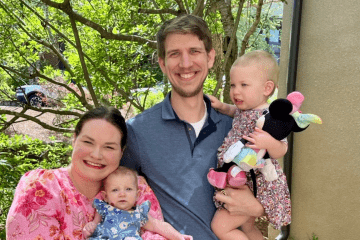Breast Health Experiences in Women with Cerebral Palsy: A Qualitative Approach
Background
All women, regardless of disability status, should receive screening for breast cancer. In 2010, only 61.4% of women with disabilities received a mammogram in the past 2 years compared to 75% of women without disabilities.
Purpose
The purpose of this study is to explore the breast cancer screening experiences of women with cerebral palsy with the aim of identifying factors that could improve screening rates for women with disabilities.
Methods
Thirst women with cerebral palsy, ages ranging from 22-72, residing in New York, Chicago, or Los Angelas areas participated in individual or group interviews about breast health. Facilitators used a semistructured guide to conduct the interviews across all three sites. 25 women self identified as white, 3 women identified as black, 1 as Asian and 1 as Hispanic or Latina. A qualitative analysis utilized an iterative coding process to generate themes around breast health.
Results
Six predominant themes were identified through these interviews which revolved around physical, environmental, and emotional barriers and facilitators. Additionally, each theme had sub-themes. Physical Barriers included the most sub-themes. These were age, pain, breath holding, holding still, spasticity, standing, fatigue and positioning. The most common emotional facilitators identified were self-advocacy and communication between the health care professional and the patient.
Conclusions
Women with CP perceive a variety of issues impacting breast health. These findings are multifaceted and suggest that improving screening rates for women with CP should address these barriers and facilitators.
Authors
Linda Ehrlich-Jones, Jordyn Durkin, Rachel Byrne, Allison Todd, Judith Panko Reis, Judith Wolfman, Debora Gaebler-Spira, and Christina Marciniak
Content Reviewed by Debora Gaebler-Spira, MD




